Keywords: Death
There are more than 200 results, only the first 200 are displayed here.
-

ARTS AND CULTURE
- Brian Doyle
- 04 April 2016
5 Comments
His mum was the kind who baked more than one pie at a time and gave the extra pies away easily and casually. All I knew about her was the pies, because my friend brought in pies for birthdays and teachers' anniversaries and raffles and such at school. My friend said she was too cheerful, a remark I didn't understand. He said she was a different person after his dad died, but who wouldn't be after your spouse died at the kitchen table and got coffee all over the business section of the newspaper?
READ MORE 
-
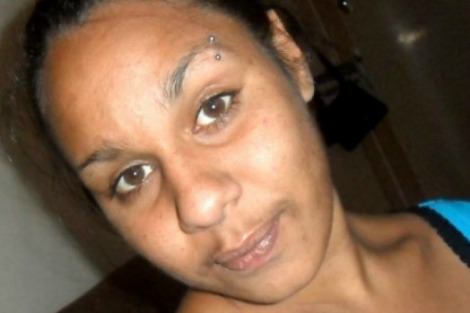
AUSTRALIA
- Kate Galloway
- 30 March 2016
6 Comments
Around half of Indigenous prisoners in Roebourne Regional Prison are there on driving offences. Many Indigenous Australians do not have birth certificates and therefore cannot get a drivers licence. Yet those who live in remote areas often have no means of transport other than by car. When they are caught driving unlicensed, they receive a fine, and since many are unable to pay, they are consequently are jailed. And as we all know, jail is a particularly risky place for Indigenous Australians.
READ MORE 
-

ARTS AND CULTURE
- Tim Kroenert
- 03 March 2016
In the history of the Second World War and the deathly screed of the Final Solution, the Sonderkommando cuts a pitiable figure. These Jewish prisoners at Auschwitz and other death camps who were forced to perform the logistics surrounding mass murder - the carting and disposal of dead flesh - though patently victims, were viewed by some as collaborators. Son of Saul provides an immersive and impressionistic extrapolation of this ethical and actual horror.
READ MORE 
-
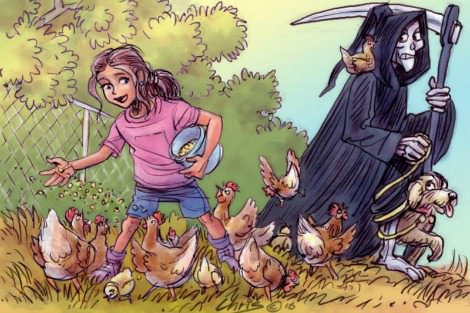
ARTS AND CULTURE
- Barry Gittins
- 02 March 2016
3 Comments
This year we faced the prospect of having Wolfgang, our 16-year-old apricot Spoodle, euthanised. This was sad for me, my wife, and our son. But for our daughter, entering her first year of high school, it presented a looming disaster. Mark Twain is purported to have said that 'the fear of death follows from the fear of life. A man who lives fully is prepared to die at any time.' Timidity equals preoccupation with mortality? No disrespect to Samuel, but it's unlikely he shared that gem with his daughters.
READ MORE 
-
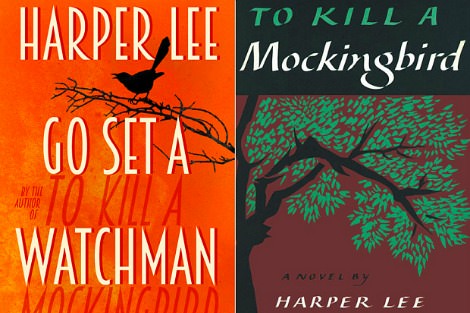
ARTS AND CULTURE
- Ellena Savage
- 22 February 2016
7 Comments
My friend Z lives in Detroit and is rocked by the racial segregation she's exposed to there. When we were 15, she and I bonded over the passionate conversations Mockingbird inspired. 'I was in awe of Atticus,' she recalled as we reflected on Lee's death. 'I desperately wanted him to save the accused black man. Maybe if I had read it at my age now, I'd substitute the black man for the hero.' She articulated what I couldn't: that as moving a piece of rhetoric Mockingbird is, it is no longer adequate.
READ MORE 
-

AUSTRALIA
- Somayra Ismailjee
- 03 February 2016
6 Comments
A perception of Muslims as 'savage' and antithetical to peace accounts for incidents where overtly racist people can rejoice easily at the loss of human life, to little negative reaction. When a person is deemed unworthy or bereft of humanity, their death becomes gruesomely welcome. While Islamophobia itself does not define racism, Muslim people exemplify ideas of a cardinal threat against the Anglocentric West, which laterally affects how brown non-Muslim minority groups are treated.
READ MORE 
-
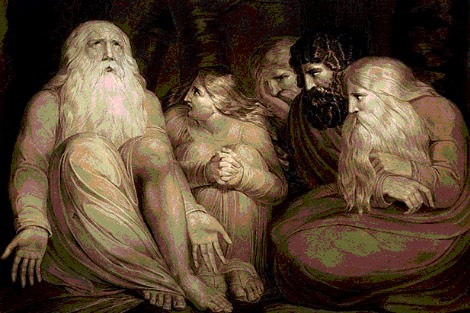
AUSTRALIA
- Gillian Bouras
- 29 January 2016
9 Comments
Nobel Laureate Isaac Bashevis Singer often made his characters ask the eternal questions, chiefly Why do we suffer? I can't profess to have any answers to this, except that it is obvious that 'time and chance happeneth to all'. Two examples of such happenings are the huge numbers of ill-fated refugees fleeing Syria and other trouble spots, and the needless death of young Sarah Paino of Hobart, wife and mother, who was killed when a speeding stolen car crashed into hers.
READ MORE 
-
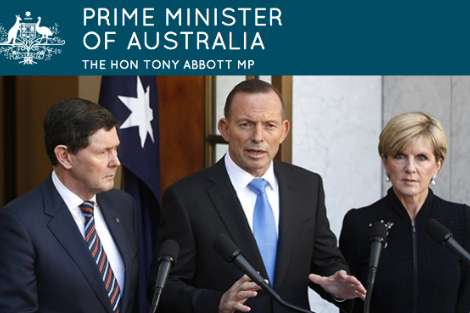
AUSTRALIA
- Andrew Hamilton
- 14 January 2016
9 Comments
It is hard to comment on Tony Abbott's demise without being splattered by the schoolyard mud. But we should begin by sparing a thought for the man himself in this time of humiliation. He has given his life to the Liberal Party, and to be disowned as leader by it is surely devastating.
READ MORE 
-

ARTS AND CULTURE
- Tim Kroenert
- 17 December 2015
2 Comments
From the drama-filled mind of a pre-teen girl to the homes of former Indonesian death-squad members; from a day in the life of a transgender sex-worker to a grim and sublime new rendition of one of Shakespeare's most famous plays; from one actor's immense ego to another's fading relevance to an allegedly doomed writer's captivating self-effacement, Eureka Street's resident film buff Tim Kroenert revisits the characters and themes of some of the best and most conversation-worthy films of 2015.
READ MORE 
-

AUSTRALIA
- Andrew Hamilton
- 26 November 2015
6 Comments
Questions remain regarding the recent death and disturbance on Christmas Island, posed by the responses by New Zealand and Australian government ministers to the unrest. New Zealand Internal Affairs Minister Peter Dunne compared the Christmas Island regime to Guantanamo Bay. Australian Minister for Immigration Peter Dutton emphasised the $10 million damage to property. Both responses were partial. At a deeper level the riot was the predictable outcome of a brutal government policy.
READ MORE 
-

AUSTRALIA
- Justin Glyn
- 21 October 2015
11 Comments
While running a Royal Commission into domestic violence and a $30 million campaign against it, ringing the bell marked 'asylum seekers are queue jumpers' has allowed successive governments to abuse alleged rape victims with barely a word of protest from the public. Insofar as any feelings of empathy for asylum seekers exist, we tell ourselves brutality is inflicted 'to stop deaths at sea'. So successful has this Pavlovian policy been that Australian refugee policy is now the toast of German neo-Nazis.
READ MORE 
-
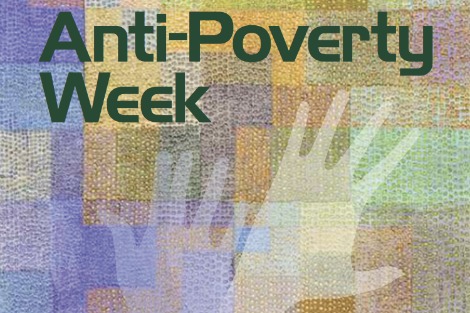
AUSTRALIA
- Andrew Hamilton
- 15 October 2015
23 Comments
The image of the body of Aylan Kurdi cradled in the arms of a Turkish soldier jarred with our sense that poverty is simply the deprivation of material goods — there is no greater poverty than death, and no greater deprivation than that of a child stripped of life. Francis speaks powerfully of the need to address poverty. He insists that the church must move out of its comfortable centre to the margins where the poor live. To address poverty we must know people who live in poverty as our brothers and sisters.
READ MORE 